“Re-thinking Migration” is a Key Action 1 project funded by the Erasmus+ Programme.
The inspiration for the project came from the realisation that there is a common need to understand why migrants and refugees leave their countries, where the journey begins, what the routes are, and which are the existing policies – especially in the countries where first reception takes place. It will allow participants to have a clear picture of what these people experience throughout their journey before arriving in the United Kingdom, which will be important to be better prepared in assisting them in their quest for better life conditions.
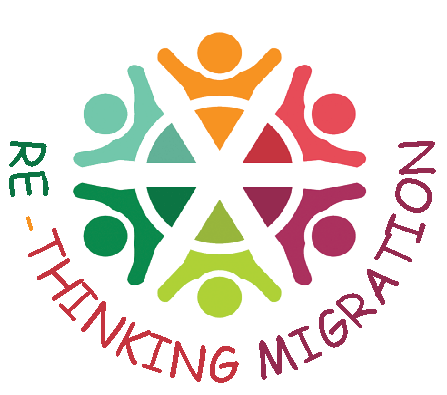
The project notably aims to challenge prevailing ideas about migrants, by moving away from the distinction between economic migrants and refugees, which is a political distinction that reinforces the idea that some people are victims deserving of our compassion while others are not and even represent a threat. We aim at normalising different narratives about migrants and refugees, who are full-fledged persons, with skills and agency.
The promoter of the project is a UK-led consortium made up of 8 partners ranging from education and training organisations, charities, and organisations working in the creative industry. Partners include: Kairos Europe, Red Ochre, King’s College London, Creating Ground, the Cardinal Hume Centre, Laamiga, Border Crossings and Filmworks Trust. These organisations work at different levels on migration related issues such as research on policies, education and training, inclusion and employability, and mental health issues.
The project will help all the participants gain a greater understanding of issues that affect non-EU migrants and people with disadvantaged backgrounds when integrating within European cities. We also seek to understand the effects of migration management practices on people on the moving.
How do these practices affect displaced people’s trajectories to and across Europe? What are the mental health issues that many of these people face? What are the opportunities of employability which migrants and refugees can take advantage of?
The objective of this project is to facilitate a better understanding of the situation and needs of irregular migrants and refugees in the host countries and in Europe more generally. It would enable participants to use the insights gained to develop their thinking on migration, which can feed into their work related activities; to develop a different narrative around migration in Europe, and especially in the UK – one that does not perceive of migrants as a burden or threat – and make this narrative part of the academic, professional and public debate, and to better respond to the needs of irregular migrants and refugees with whom they might currently work.
60 participants were selected from the staff of the organisations in the consortium. The partner organisations have expressed the need for their staff to acquire skills in discussing, learning and observing historical and current migration trends and gaining a greater insight into some of the issues, dilemmas and solutions that many non-EU migrants endure and will benefit from. It will also be about questioning the depiction of migrants as security threats, passive victims or commodities and seeking to move away from the clear distinction between economic migrants and refugees, implying that some people are worth our attention and compassion and others not.
Participants take part in a 6-day training, which includes lectures, panel discussions, visits to local centres working with migrants, intercultural workshops, and interventions from experts and volunteering working in the field.
We are happy to announce that there will be three more mobilities next year, in Greece, Italy, and Spain.

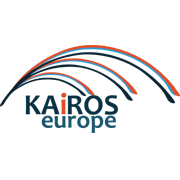
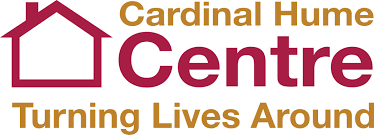
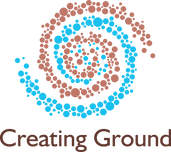



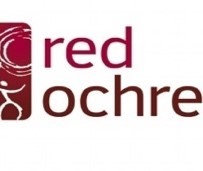


2 Comments